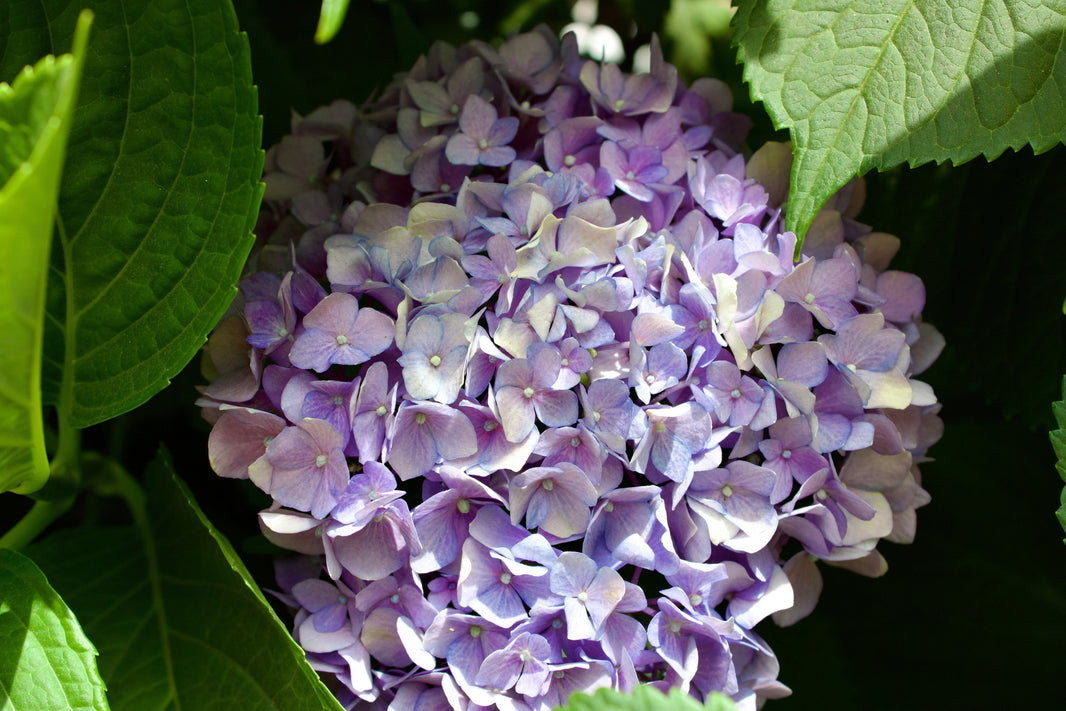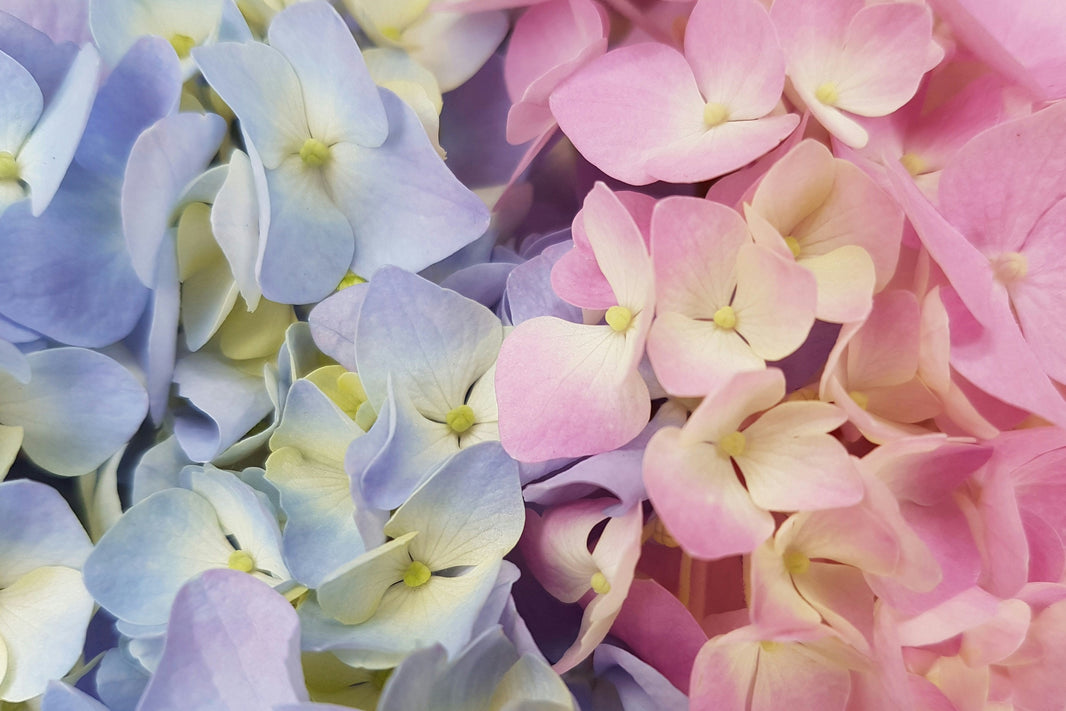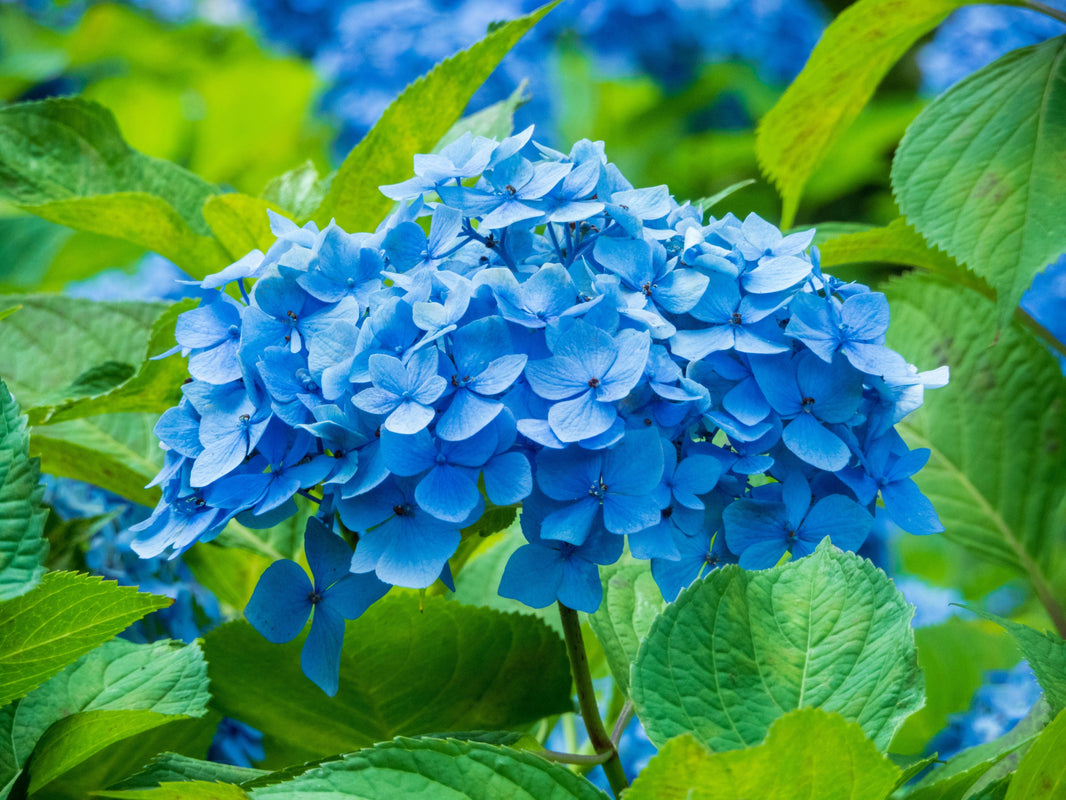Hosting a party for 100 guests is no small feat—whether you’re planning a wedding reception, milestone birthday, anniversary celebration, or corporate gathering. The logistics multiply quickly with a larger guest count, and so do the expenses. If you’re curious about the party cost for 100 guests, you’re not alone. Budgeting properly can make or break the success of your event.
Large-scale parties require careful planning and organization. Unlike intimate gatherings, hosting 100 people means you’re renting a substantial space, providing food and drinks for a crowd, and ensuring entertainment, comfort, and safety for everyone involved. Understanding the financial scope from the outset is essential for a smooth planning process.
Depending on your choices and location, a 100-person party could cost anywhere from $5,000 to over $30,000. That’s a wide range, but one that allows flexibility based on your priorities. Whether you’re looking for a high-end affair or a casual backyard celebration, having a clear event budget helps you prioritize and prepare.
Each expense category plays a critical role: the venue sets the tone and scale; catering keeps guests satisfied; décor defines your aesthetic; entertainment keeps energy high; and other essentials like staffing, rentals, and flowers bring the experience together. This blog will help break down each of these elements and what they typically cost for 100 attendees.
Weddings, in particular, often lead the way in event planning benchmarks. Many planners use wedding party costs as a reference point for estimating other large celebrations. If you’re planning a non-wedding event, using wedding budgets as a model can still be incredibly informative, as both types of parties share many similar components.
Understanding what you’re getting into financially allows you to make intentional choices and avoid sticker shock. With accurate cost breakdowns, you can design a party that fits your vision and your finances without cutting corners or adding stress. Transparency helps you stay empowered throughout the process.
In this comprehensive guide, we’ll walk through every major cost category involved in hosting a 100-person event. From venue rentals to floral design, you’ll learn what to expect and how to stretch your budget without sacrificing quality or enjoyment. Whether you’re planning a formal wedding reception or a casual celebration, this article will help you do it right.
Venue Rental: Space, Capacity, and Flexibility
Securing the right venue is one of the biggest expenses when planning a large party. For 100 guests, you’ll need a space that can comfortably accommodate dining, dancing, and other activities. The party cost for 100 guests often starts with this foundational decision, and prices can vary significantly by location, size, and amenities.
In urban areas or destination cities, venue rentals can range from $3,000 to $10,000 or more for a single evening. Rural or suburban venues may be more budget-friendly, starting as low as $1,000 to $3,000. Popular wedding venues may charge premium rates during peak seasons or weekends.
Some venues offer all-inclusive packages, which can simplify your planning and help you save money. These typically include tables, chairs, linens, basic lighting, and access to restrooms. Others are considered “blank slate” venues, requiring you to rent everything separately—including tents, furniture, and lighting—adding additional costs.
Think about your party format. Will you need indoor and outdoor space? A stage for entertainment? Separate rooms for dinner and dancing? The more space and amenities you require, the higher the venue rental will typically be. Consider your guest flow and event timeline when selecting a location.
Availability is also a key factor in cost. Saturdays during wedding season command the highest rates. Choosing a weekday or off-season date can reduce venue costs significantly. Additionally, some venues offer discounted rates for daytime events versus evening bookings.
Read the fine print. Some venues require a minimum guest count, preferred vendor use, or extra fees for security or cleanup. Ask about setup and teardown time allowances, as going over your scheduled hours can lead to costly overtime fees.
If you’re looking for budget flexibility, consider community centers, private residences, or public parks. While these might require more DIY setup and logistics, they can save you thousands in rental fees. Just make sure they meet basic requirements like restrooms and accessibility.
Booking early can save you money and ensure availability. Venues often offer discounts for early reservations, especially if you’re flexible on your date. Locking in a venue early also gives you more time to plan and budget for other expenses.
Ultimately, your venue sets the tone for your entire event. Whether it’s a grand ballroom, rustic barn, or beachfront lawn, be sure it fits your guest count, your style, and your overall event budget. Making this decision thoughtfully sets you up for success.
Catering and Beverage Service
Feeding 100 people is a major undertaking—and often one of the most expensive components of any large event. Whether you’re serving hors d’oeuvres or a multi-course plated dinner, catering forms a central part of your party cost for 100 guests. Fortunately, the range of options offers room for customization based on your preferences and budget.
On average, catering costs run between $40 and $150 per person, depending on the menu, service style, and location. At the lower end, buffet or family-style meals from local restaurants can cost around $4,000 for 100 guests. On the higher end, full-service catering with plated courses, waitstaff, and premium ingredients can easily reach $10,000 to $15,000.
The style of service impacts your cost significantly. Buffets and stations are more affordable than plated dinners because they require fewer servers. Family-style meals offer a nice compromise—more intimate than a buffet, but less labor-intensive than full table service.
Don’t forget to factor in beverage service. A hosted bar with liquor, wine, and beer can add $15 to $50 per guest, depending on the duration and alcohol selection. Many hosts limit bar service to beer and wine, offer signature cocktails only, or create a set drink menu to control costs.
For even more savings, consider bringing your own alcohol if your venue allows it. Buying wine, beer, and spirits in bulk from a warehouse retailer like Costco or Sam’s Club can significantly reduce your overall beverage budget. You’ll still need a licensed bartender, but the savings on alcohol alone can be substantial.
Tastings and customizations are usually charged as extras. While it’s worth investing in a tasting session, keep in mind that more specialized requests, ingredient substitutions, or complex courses can add up quickly. Stay mindful of your priorities when customizing the menu.
Also consider gratuity and service fees, which are typically 18% to 25% of the food and beverage total. These are not always included in initial quotes, so be sure to ask for a fully itemized proposal before signing any catering contracts.
Dietary needs should be addressed early in your planning. Accommodating gluten-free, vegetarian, vegan, or allergy-sensitive guests is usually standard with professional caterers, but some options may come at an additional cost depending on the complexity of the dish.
Don’t overlook rentals. If your venue doesn’t include tables, chairs, flatware, and glassware, these will be additional expenses that fall under the catering umbrella. Always check what’s included with your caterer and what you’ll need to source separately.
Ultimately, your goal is to provide a satisfying and memorable meal experience while balancing your event budget. By understanding the variables involved and choosing the right service model, you can deliver an enjoyable dining experience that fits your celebration and your finances.
Floral and Event Décor
Flowers and décor transform a space from ordinary to unforgettable. Whether you’re aiming for rustic charm or modern elegance, the right aesthetic can elevate your event and leave a lasting impression on your guests. For a 100-person party, décor plays a big role in both your visual theme and your wedding party costs or overall event expenses.
Décor costs vary widely depending on the complexity of your vision. For 100 guests, expect to spend between $1,500 and $7,000 on flowers and decorations. At the lower end, simple centerpieces, bouquets, and DIY elements are manageable. At the higher end, you’ll see elaborate installations, custom rentals, and professional design teams.
Table centerpieces are the focal point of most décor schemes. With 10 to 12 tables for 100 guests, even modest floral arrangements can add up quickly. Many hosts mix floral and non-floral elements—like candles, lanterns, or potted plants—to create beauty without breaking the bank.
Ceremony décor, photo booths, dessert tables, welcome signs, and guest seating charts all contribute to your budget. Consider which areas have the most visibility and focus your resources there. Repurposing ceremony florals for the reception is a savvy way to stretch your flower budget.
DIY décor is a cost-effective option, especially for hands-on hosts. Thrift stores, craft suppliers, and online marketplaces offer endless possibilities for creative expression. But keep in mind: DIY requires time, storage, transportation, and setup—so plan accordingly.
One of the best ways to save on florals without sacrificing style is by sourcing flowers in bulk. WholesaleFlowers.net is a go-to resource for hosts looking for affordable, fresh blooms. Their wide selection and competitive pricing make it easy to create your own centerpieces, bouquets, or ceremony arrangements with stunning results.
Lighting is another impactful element that’s often overlooked. String lights, uplighting, LED candles, and neon signs can all add ambiance with relatively low investment. Many rental companies bundle lighting packages with other décor services, which can help you save.
Rentals such as linens, table runners, chargers, and backdrops also play into your décor budget. Look for vendors who offer package pricing for large parties or consider buying items you can reuse or resell after the event.
Floral preservation is a growing trend for sentimental guests. Some couples and party hosts choose to press or encase special blooms in resin, which can add a few hundred dollars to your floral budget but offer a beautiful memento.
With thoughtful planning and the right suppliers, your décor can be beautiful and budget-friendly. By focusing on high-impact areas and utilizing resources like WholesaleFlowers.net, you can achieve a designer look without overspending.
Entertainment and Music Options
Entertainment is what keeps the energy flowing at your event—and with 100 guests, you’ll want to make sure your celebration stays lively and engaging. Whether it’s a wedding, anniversary, or milestone birthday, music and entertainment are essential line items in your event budget.
Hiring a professional DJ is a popular and cost-effective choice for events of this size. Rates generally range from $800 to $2,000 depending on experience, equipment, and hours of service. DJs often include MC services and basic lighting in their packages, which adds value and saves on additional vendor costs.
Live bands offer a unique and immersive musical experience, but they come with a higher price tag. For a 4- to 6-piece band playing a few sets during the event, expect to spend between $2,500 and $6,000. Additional fees may apply for setup, sound equipment, and breaks between sets.
Ceremony or cocktail hour musicians—such as a harpist, guitarist, or string trio—can be hired separately for smaller portions of the event. These professionals typically charge $300 to $800 and provide a sophisticated touch during key moments.
Don’t overlook AV and tech setup. Even with a DJ or live band, you may need to rent microphones, speakers, or projectors for toasts, slideshows, or announcements. AV rental packages for 100-guest events generally run from $300 to $1,200 depending on your needs and location.
Looking for something non-musical? Photo booths, caricature artists, fire dancers, and interactive performers can be hired for $400 to $1,500. These options entertain guests of all ages and can be tailored to your event theme or vibe.
DIY entertainment is also an option. Create a curated playlist with seamless transitions using platforms like Spotify Premium, and rent a sound system for $100 to $300. If you have a tech-savvy friend, they can run the playlist and act as a casual MC throughout the night.
Games and interactive stations like cornhole, trivia tables, or karaoke setups can keep guests engaged without adding much to your party cost for 100 guests. These activities work especially well at outdoor events or informal celebrations.
Be sure to check noise ordinances or time restrictions if you’re hosting at a residential or outdoor venue. Some cities require permits for amplified sound, and many neighborhoods have curfews that could affect your entertainment schedule.
To save money without compromising quality, consider booking lesser-known local performers, student musicians, or off-peak service times. Many talented artists offer reduced rates for mid-week or daytime events.
Whether you’re dancing the night away or creating a relaxed, conversational atmosphere, your entertainment choices set the emotional tone of your celebration. Choose what resonates with your guest list and style, and allocate your event budget accordingly.
Event Staffing and Support Services
Behind every smooth, well-organized event is a team of hardworking professionals who make it all happen. For a party with 100 guests, it’s almost impossible to manage everything alone. That’s why staffing plays a crucial role in both the experience and your wedding party costs or overall event expenses.
Catering staff are typically the first to be hired. Depending on your service style, you’ll need servers, bussers, and possibly a kitchen crew. Rates usually range from $25 to $50 per hour per staff member, and you’ll want at least 1 server per 15–20 guests. For a 4-hour event, this can total $600 to $1,200.
Bartenders are another key hire. One bartender per 50 guests is standard, so for 100 people, you’ll need two. Bartending services typically cost $200 to $400 per bartender, not including alcohol. Some companies also offer bar rentals and supplies, which can be bundled for better rates.
Setup and breakdown crews make a huge difference, especially for DIY or outdoor events. These teams handle furniture placement, décor installation, lighting, and cleanup. Labor rates vary, but you can expect to pay $300 to $800 for a few hours of setup and teardown support.
Event coordinators or day-of planners are invaluable for managing the timeline, vendors, and emergencies. While full-service planners may cost $2,000 or more, day-of coordination for a 100-guest event typically runs between $750 and $1,500. They’re well worth the investment for peace of mind.
Security may be required depending on your venue or if alcohol is served. Professional security guards cost $30 to $75 per hour. For 100 guests, one or two guards are usually sufficient. Their presence ensures guest safety and smooth conflict resolution if needed.
Valet services or parking attendants are useful if your venue lacks sufficient parking. This adds convenience and luxury, especially for formal events. Costs depend on location and length of service but generally range from $500 to $1,000 for 100 guests.
Restroom attendants or trailer rentals may be needed for outdoor parties. High-end portable restrooms cost $1,000 to $2,000 for the day. Attendants can be hired for additional cleanliness and service, particularly during multi-hour celebrations.
Some events hire additional support like coat check staff, greeters, or event stylists. These extras enhance guest experience and professionalism but should be factored into your budget only if your priorities and finances allow for them.
Gratuities should never be overlooked. Many vendors do not include them in contracts, so plan to tip catering staff, bartenders, coordinators, and entertainers. A standard gratuity budget for 100 guests ranges from $300 to $800 depending on the size of your team.
Incorporating staff into your event budget ensures your celebration runs smoothly and allows you to actually enjoy the experience you’ve planned. The right team behind the scenes turns your vision into reality.
Rentals and Event Infrastructure
For a party of 100 guests, you’ll likely need a variety of rental items to create a comfortable, functional, and visually appealing space. Even if your venue provides some basics, many events require additional elements to pull off a successful setup. These costs play a significant role in your party cost for 100 guests and should be accounted for early in your planning.
Tables and chairs are the foundation of your event’s seating arrangement. Standard rental rates for folding chairs range from $2 to $5 each, while padded or decorative options can cost up to $12 per chair. Tables vary in size and shape, averaging $10 to $25 each. For 100 guests, expect to pay $400–$800 for basic seating and tables.
Linens add color and cohesion to your event. Tablecloths, napkins, table runners, and overlays can range from $10 to $30 per table, depending on material and design. For 12 to 15 tables, you’re looking at another $300–$600 minimum just for fabric rentals.
Dinnerware, glassware, and flatware are another layer. Full place settings—including charger plates, forks, knives, spoons, water glasses, wine glasses, and dessert plates—can cost $5–$10 per person. For 100 guests, that’s $500 to $1,000 in rentals just for dining essentials.
Tent rentals are essential for outdoor events and vary significantly based on size, material, and weatherproofing features. A basic canopy tent might start at $500, but a fully enclosed, clear-top tent with flooring and lighting could exceed $4,000. Consider your climate and backup plan if rain is a possibility.
Dance floors, staging, and flooring often need to be rented separately, especially for backyard or park-based events. A small dance floor (12’x12’) runs about $300, while a larger 15’x15’ floor for 100 guests may cost $500 or more. Staging for bands or speakers adds another $200–$500.
Climate control should also be considered. Heaters for chilly evenings or fans for hot afternoons are crucial for guest comfort. Rental costs vary depending on power needs and units required but generally fall in the $150–$600 range for events this size.
Lighting enhances ambiance and visibility, particularly for evening affairs. Uplighting, chandeliers, or bistro string lights cost $300–$1,200 depending on complexity. Many hosts opt for rental lighting packages from companies that also provide other event décor.
Delivery, setup, and teardown fees often get overlooked but can significantly affect your event budget. Many rental companies charge a percentage of your total rental cost or a flat fee for labor and transportation. Always ask for a fully itemized estimate before committing.
To save money, consider bundled packages that include tables, chairs, and linens. You may also negotiate discounts by sourcing multiple rentals from the same vendor. Planning early gives you the best selection and pricing, especially during peak wedding and event seasons.
Understanding your rental needs is crucial when designing a comfortable, cohesive event for 100 people. While these items may seem minor, they directly impact both the functionality and appearance of your celebration.
Invitations, Stationery, and Communication
Even in our digital age, formal events for 100 people still require coordinated communication—and that often starts with invitations. Whether you’re going traditional with mailed stationery or modern with online invites, this is a necessary expense in your event budget that sets the tone for your party.
Printed invitations are the most traditional route. Expect to spend between $2 and $8 per invite, depending on paper quality, printing style, and design complexity. For 100 guests, that could amount to $200 to $800. If you’re mailing to couples or families, you may only need 60–70 actual invitations, which helps reduce costs.
Online invitations are a more budget-friendly and eco-conscious option. Platforms like Paperless Post, Greenvelope, and Evite offer beautifully designed digital invitations that include RSVP tracking, event updates, and reminders. Plans start at $20 for small events and go up depending on guest count and customization.
Custom designs and calligraphy increase the price of printed invites but add a bespoke, elegant feel. If you want that hand-crafted look without the high cost, consider printable templates from Etsy or Canva, which allow you to print professionally at home or through a local print shop.
Don’t forget about envelopes, stamps, and RSVP cards if you go the printed route. Postage alone can add $75 to $150, and heavier or oddly shaped invitations may require additional postage. Including RSVP cards and envelopes raises the cost but provides a classic and tactile guest experience.
Programs, place cards, menus, and signage are additional stationery elements to consider. These can add $200–$500 to your overall costs, depending on how many printed pieces you include and how customized they are. Many couples and hosts streamline their needs by creating multi-use signage or digital displays.
DIY invitations can save significantly but require time, organization, and some design skills. If you’re printing at home, use high-quality paper and test a few versions. Mistakes or reprints can quickly eat into your savings.
Timing is critical. Send save-the-dates 4–6 months in advance and formal invitations at least 6–8 weeks before the event. For weddings, earlier timelines are recommended. If your event is more casual, online invitations can be sent closer to the date.
Create a wedding or party website. These free or low-cost platforms allow you to consolidate event information, share directions, manage RSVPs, and reduce the volume of printed materials you need to send out.
Clear and consistent communication ensures your guests are informed and engaged from the beginning. Allocating a portion of your event budget to this area adds professionalism and avoids confusion leading up to the big day.
Invitations are your guests’ first impression of the celebration to come. Whether digital or printed, keep them aligned with your event’s tone, and plan ahead to avoid last-minute expenses or delays.
Planning a large celebration like a wedding or milestone event for 100 people is a thrilling yet complex undertaking. From securing the perfect venue to selecting the right caterer, every detail affects your event budget and ultimately shapes your guests’ experience. Whether you’re organizing a formal affair or a casual gathering, understanding the typical party cost for 100 guests helps you plan with clarity and confidence.
As you’ve seen throughout this breakdown, hosting 100 people can cost anywhere from $10,000 to $40,000 or more depending on your choices. Key areas such as catering, venue, décor, and entertainment are the biggest budget drivers, but even smaller details like invitations and rentals quickly add up when scaled for a large crowd. That’s why meticulous planning and prioritization are crucial to staying on track financially.
While expenses vary widely by region and vendor, the one constant is the need for balance—investing in areas that create lasting memories while trimming costs where flexibility allows. Thoughtfully choosing where to splurge and where to save is the cornerstone of smart wedding party costs management or any large-scale event strategy.
For instance, décor and floral arrangements are essential for creating atmosphere but don’t need to be excessive. Choosing DIY solutions or sourcing from cost-effective suppliers can make a dramatic impact without a dramatic price tag. A great example is purchasing cheap wedding flowers in bulk to build centerpieces or ceremony installations with personal flair.
This is where WholesaleFlowers.net shines. Their affordable, high-quality blooms provide the flexibility and volume needed to decorate events of all sizes—especially one for 100 guests. Their inventory includes fresh, seasonal flowers perfect for DIY arrangements, helping you stay within budget while achieving stunning results.
If you want to explore budget-friendly floral options for your next big event, click here to browse their complete collection. You’ll find everything from classic roses to rustic greenery to elevate your décor while keeping expenses under control.
Remember, the success of your event isn’t measured in dollars—it’s measured in joy, connection, and the memories shared. With the right preparation and informed budgeting, your 100-guest celebration can feel luxurious, thoughtful, and completely aligned with your vision.
Prioritize what matters, get creative where you can, and trust that intentional choices will always shine brighter than extravagant ones. A well-executed event is not about how much you spend but how well you plan and how fully your celebration reflects the spirit of the occasion.
So, whether you’re celebrating love, life, or achievement, know that the right plan and the right partners—like WholesaleFlowers.net—will make your event not only beautiful but also budget-smart. Here’s to hosting your dream event for 100 guests with elegance, efficiency, and ease.






